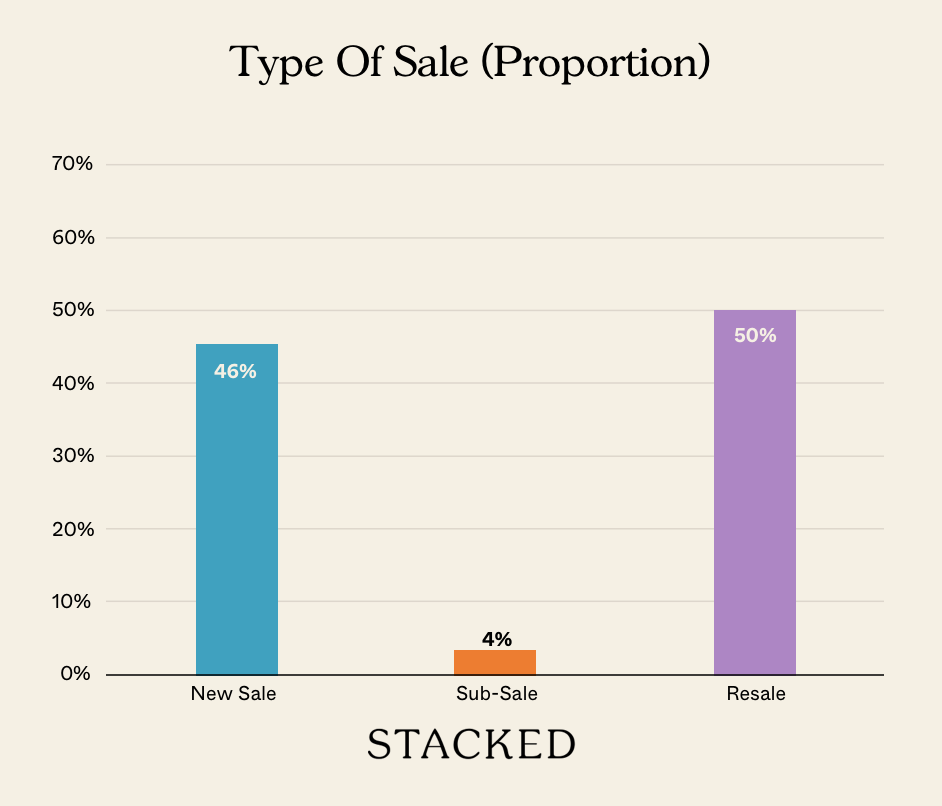You’d think by now, the idea of using polls to push a point would be obsolete; but it’s still going strong among insurers and property agencies. I’m talking about polls that are thinly veiled sponsored messages, along the lines of “nine out of 10 doctors prefer…etc.” style persuasiveness (or lack thereof.)
Take, for instance, this report on a Manulife survey: it says that among Singapore respondents (1,021 people, part of around 9,000 surveyed across nine Asian markets), only 35 per cent consider property as a key tool for retirement preparation. 65 per cent previously considered property as a key retirement tool, it says. It’s a boomer thing. Dead or dying.
But then check out this poll by ERA, which says that “…over 64 per cent of respondents indicated a preference for investing in real estate over fixed deposits, bonds, commodities, cryptocurrencies, and stocks.”
Then there’s this poll by PropNex that says the second most popular response, when asked about what the flat is for, is “a retirement nest egg,” alongside a lot more details about how many are planning to upgrade (about half of the respondents). Quite different from this other poll from Manulife Asia Care Survey 2025, where only 19 per cent of respondents cite property investment as the most important tool for retirement planning.
Who’s right? Well, probably neither.
A lot depends on issues like how the questions are phrased, how the survey tallies the results, etc. For example:
- “Given that property requires ongoing tax, maintenance and mortgage payments, do you consider it suitable for retirement?” is a question that leads away from property investment.
- “Do you prefer an asset you can live in, rather than intangible investments?” is a question that pushes toward property investment.
It also matters where exactly the survey happened. In my experience, online surveys tend to draw younger and more frustrated respondents; singles who are blocked from getting a flat, or graduates struggling to find a job, have opinions formed from being locked out of most property investments. Not only is real estate a less practical (or even possible) investment choice for them, but they may also resent the idea of more people buying homes for investment, thus worsening their situation.
Conversely, if you conduct a survey offline, among older folks who have paid up flats and have less awareness of today’s prices, or who personally witnessed the boom in flat prices from the ‘70s or ‘80s to the present, there will be a more favourable response toward real estate as a long-term asset.
A bit of an anecdote:
Earlier this year, I ran into one such poll where I was asked if I was looking for a property first; and then the subsequent questions came: did I think property could still be a viable long-term asset, etc. I noticed that when my associate said he wasn’t currently looking for a property, he only got about three or four more abrupt questions.
Well, if you’re going to ask people already looking for a property whether they think it’s a good investment, retirement asset, etc., then newsflash: a greater proportion of them are going to say yes. That’s like a poll asking people wearing jeans whether they like jeans.







